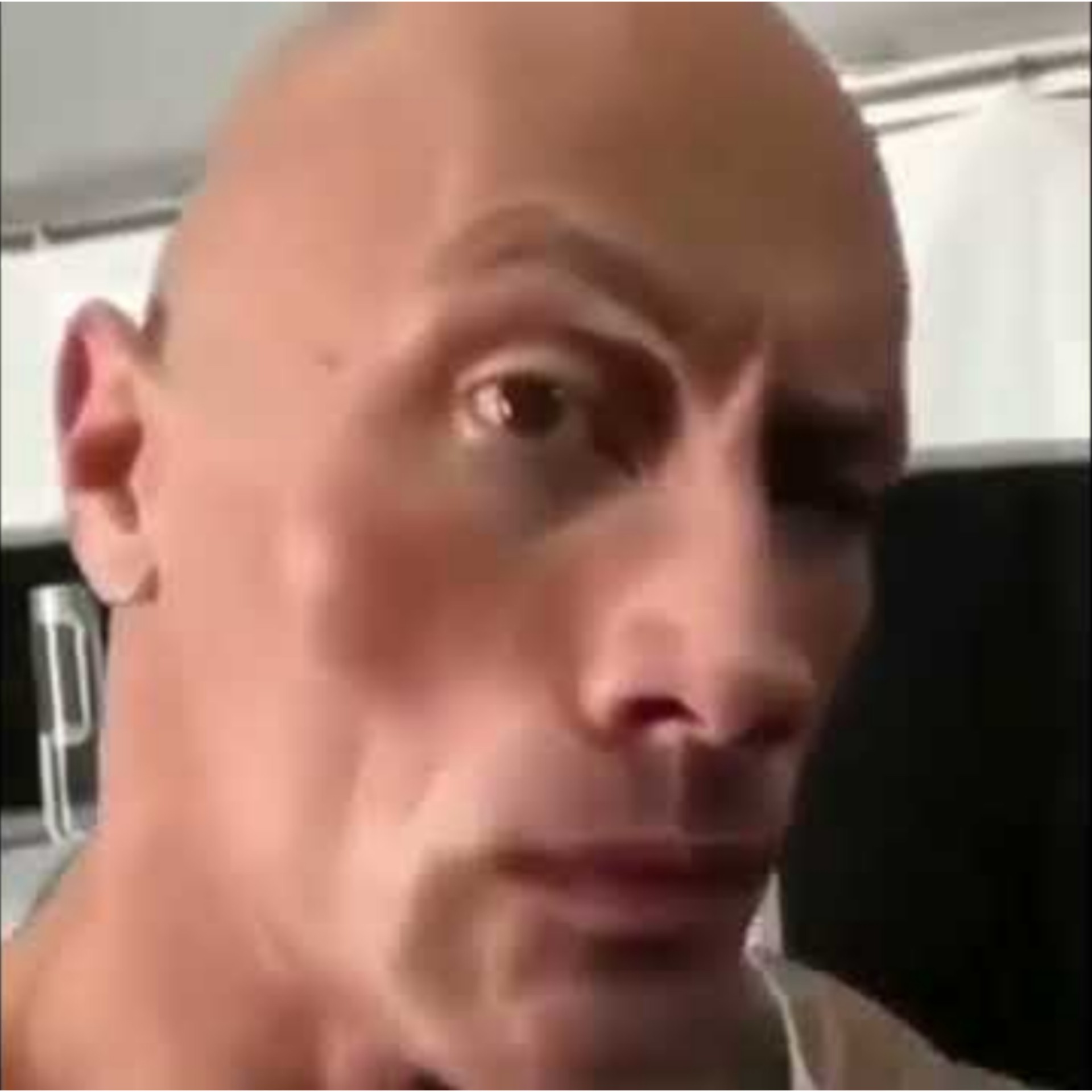I think at this point we can all say the recent rise of populism and authoritarianism is clearly linked to to the rise of social media.
rather then be a force to push for democratic revolutions, rationalism and knowledge sharing its had the opposite effect. Its created a channel for mass misinformation which is unwinding confidence in democratic institutions providing an opening for dictators to gain control once again.
i was mocked endlessly when i said four-five years ago that the usa is at real risk of losing its democracy. No one is laughing now with the majority of republicans running in the house denying the biden election win. Your institutions are only as good as the people who use and run them.
so how do we turn things around? How do we change social media so it can instead be a force for good? I have a few ideas. But first, what are yours? Can we use our collective wisdom to help make things better?
rather then be a force to push for democratic revolutions, rationalism and knowledge sharing its had the opposite effect. Its created a channel for mass misinformation which is unwinding confidence in democratic institutions providing an opening for dictators to gain control once again.
i was mocked endlessly when i said four-five years ago that the usa is at real risk of losing its democracy. No one is laughing now with the majority of republicans running in the house denying the biden election win. Your institutions are only as good as the people who use and run them.
so how do we turn things around? How do we change social media so it can instead be a force for good? I have a few ideas. But first, what are yours? Can we use our collective wisdom to help make things better?



